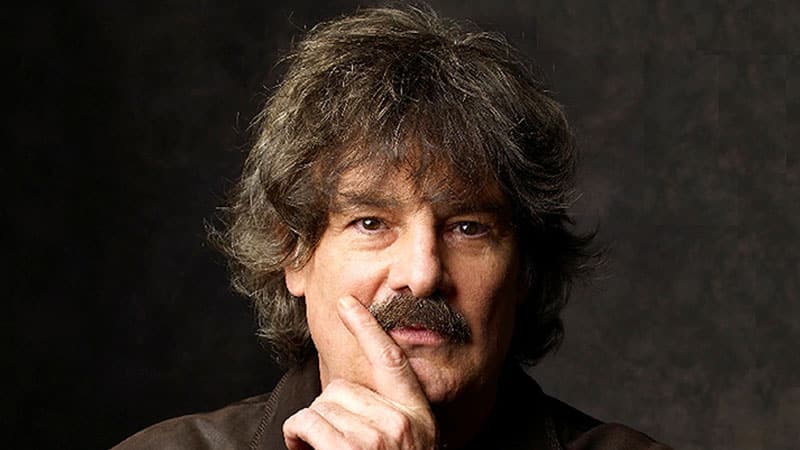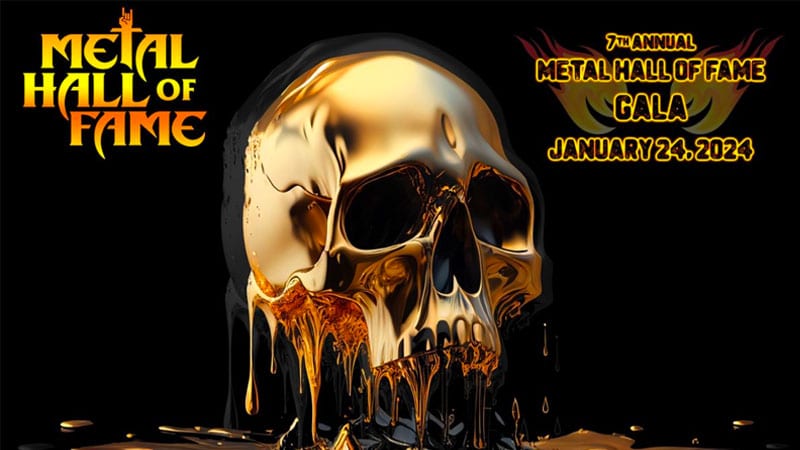Cummings has ended his deal with performance rights organizations
Last fall, The Guess Who founders Burton Cummings and Randy Bachman filed a false advertising lawsuit in response to what they call “a group of hired musicians who have been touring and recording using the band’s name” in federal court in Los Angeles. Now, Cummings has taken it further by preventing the band from performing songs he wrote, which has forced them to cancel their next five appearances.
Each venue in the country has an agreement with performance rights organizations (PROs), such as ASCAP, BMI, and SESAC, to collect royalty payments on behalf of songwriters whenever their songs are performed. Rolling Stone reports that Cummings has ended his deal with the PROs, which no longer allow The Guess Who — or any other entity — to perform Cummings’ music legally.
“I’m willing to do anything to stop the fake band. They’re taking [Bachman and my] life story and pretending it’s theirs,” Cummings shared with the publication. “They’re not the people who made these records and they shouldn’t act like they did. This doesn’t stop this cover band from playing their shows, it just stops them from playing the songs I wrote. If the songs are performed by the fake Guess Who, they will be sued for every occurrence.”
The decision will cost Cummings money because the PROs also collect royalty payments when songwriters’ music is played on the radio, television, streaming, and in other public areas.
“Yes, I’m going to lose some money, but we’re going to find out what’s worth what. I will not have this fake band going on any longer. I’m going to lose some money, but… the name is worthless without those songs. So what are they going to do? ‘Hey, the Guess Who Is playing but we can’t do ‘Share the Land’ or ‘American Woman’ We can’t do ‘These Eyes.’ Nobody’s gonna be there,” he continues.
“How much is my life’s work worth? You can’t put it in dollars and cents,” he says. “It’s wrong what they’ve done and for years, nobody did anything about it. But we’re doing something now, and this may set some precedents because there are other acts out there that aren’t real either.”
Last year’s lawsuit accuses Jim Kale (a former bassist who was kicked out of The Guess Who in 1972), and Garry Peterson (the drummer who played with the group until it disbanded in 1975) for allegedly “concocting a deceptive scheme that has falsely led fans into buying tickets for the cover band’s live shows and implying that Burton Cummings and Randy Bachman are performing at the shows when, in fact, they have no affiliation with the cover band.”
The lawsuit also claims that Kale and Peterson have been removing images of Cummings and Bachman from the landing pages of music streaming platforms such as Spotify and Apple Music and replacing them with pictures of the cover band to boost sales of tickets for live performances. The suit additionally states the defendants have been using songs written by Cummings and Bachman to promote the cover band without obtaining proper licenses.
The “cover band”‘s actions have allegedly impeded Cummings’ and Bachman’s ability to book live performances in the United States and tarnished the band’s legacy. The plaintiffs seek more than $20 million in damages, and a court order directing Kale and Peterson to take corrective measures notifying the public and all venues where the cover band is playing with truthful advertising.
The Guess Who was formed in 1965 in Winnipeg, Manitoba, Canada. The legendary band enjoyed its biggest success during the late 60s and early 70s under the direction of Cummings and Bachman with an impressive catalog of songs including “American Woman,” “These Eyes,” and “No Time.” During its career, the band has released 11 studio albums, all charting in Canada and the United States. The Guess Who is best known internationally for its 1970 album, American Woman, which hit No. 1 in Canada and No. 9 in the United States, with five other albums also hitting the top ten in Canada. The Guess Who boasts 14 top 40 singles in the United States and more than 30 in Canada.




